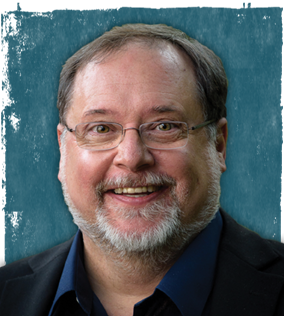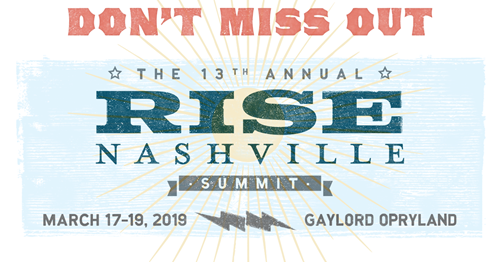Brain Scientist Dr. John Medina, author of the New York Times bestseller, “Brain Rules: 12 Principles for Surviving at Work, Home and School,” will be the keynote speaker on the first day of RISE Nashville on Monday, March 18, 2019. In this exclusive Q&A, Medina answers questions about his research and common misconceptions about the brain.

UPDATE: Brain Scientist Dr. John Medina returns to lead pre-conference workshop at RISE Nashville 2020
Dr. John Medina, a developmental molecular biologist, researcher, professor and author of 10 books, will take the stage at RISE Nashville in March 2019 to discuss the aging brain. In this column, Medina answers questions about his research and how health care professionals can benefit from the findings. Answers have been edited for clarity and length.
What, if anything, have you discovered in your research of the brain that has surprised you?
I’m still gobsmacked by the basics. It amazes me that we possess an organ fully capable of studying itself. It’s astonishing to me that the memory of your grandmother is stored as patterns of electrical activity—held in place by cells you can’t even see. That there’s 1.8 meters of DNA crammed into the nucleus of one of those cells, whose nucleus is less than 20 micrometers in diameter. That’s like taking 30 miles of your favorite spaghetti and stuffing it into something the size of a blueberry.
What are the most common misconceptions about how the brain works?
There are so many mythologies, and it’s a shame because the real stuff is much more interesting and more incredible. Two misconceptions I hear commonly are that “you only use 10% of your brain,” which is nonsense, and that there is a “left-brain personality” and a “right-brain personality,” which is also nonsense. Even in a resting state you use far more than 10% of the available neural substrate. And it takes both hemispheres to establish a “personality.”
RELATED: Dr. John Medina talks about the theory of the mind in this You Tube video
What are the most important facts about the brain that health care professionals should know?
The brain, when sleep deprived, functions at a catastrophically reduced level. If you work 17-19 hours straight without sleep, your physical impairments become similar to someone drunk at the level of 0.05 BAC (blood alcohol concentration). Push it a bit past that and the impairments rise to someone at 0.1 BAC. It should also be known that the burnout rate amongst healthcare workers is one of the highest in the land. Medscape puts the physician average burnout/depression rate at 42%. Perhaps part of it is because of the “always on call” nature of the profession or the sleep deprivation that often accompanies it.
For health care professionals who want to connect with their members/patients/consumers, is there anything about how the brain works that could help them engage with them to lead healthier lives? Is there anything that they can do to use the brain’s “reward center” to motivate members?
One of the most solid research findings from the cognitive neurosciences involves the powerful effect empathy has on the human experience. Effects have been noted from improving staff morale to improving patient outcomes. Health care providers who regularly empathize with their patients accrue financial benefits to their health care organizations. These benefits range from a reduction in post-op analgesic usage to shortened hospital stays. Sustained empathy even appears to reduce the incidence of malpractice litigation. The biochemical most directly associated with empathy is oxytocin, which stimulates the so-called “social reward circuit” in the brain.
Are you currently conducting research on other aspects of the brain? Is there anything you can share about the research?
Most of my efforts involve designing research projects and/or advising and evaluating ongoing projects as a private analytical research consultant (primarily to the private sector). These interests range from projects assessing the effects of the built environment on mental health (including hospitals) to the genes involved in stress sensitivity and behavioral resilience. I’m also involved in a prostate cancer project.
Editor’s note: Learn more from Dr. John Medina about the aging brain at RISE Nashville. For more information about the conference or to register, click here.

